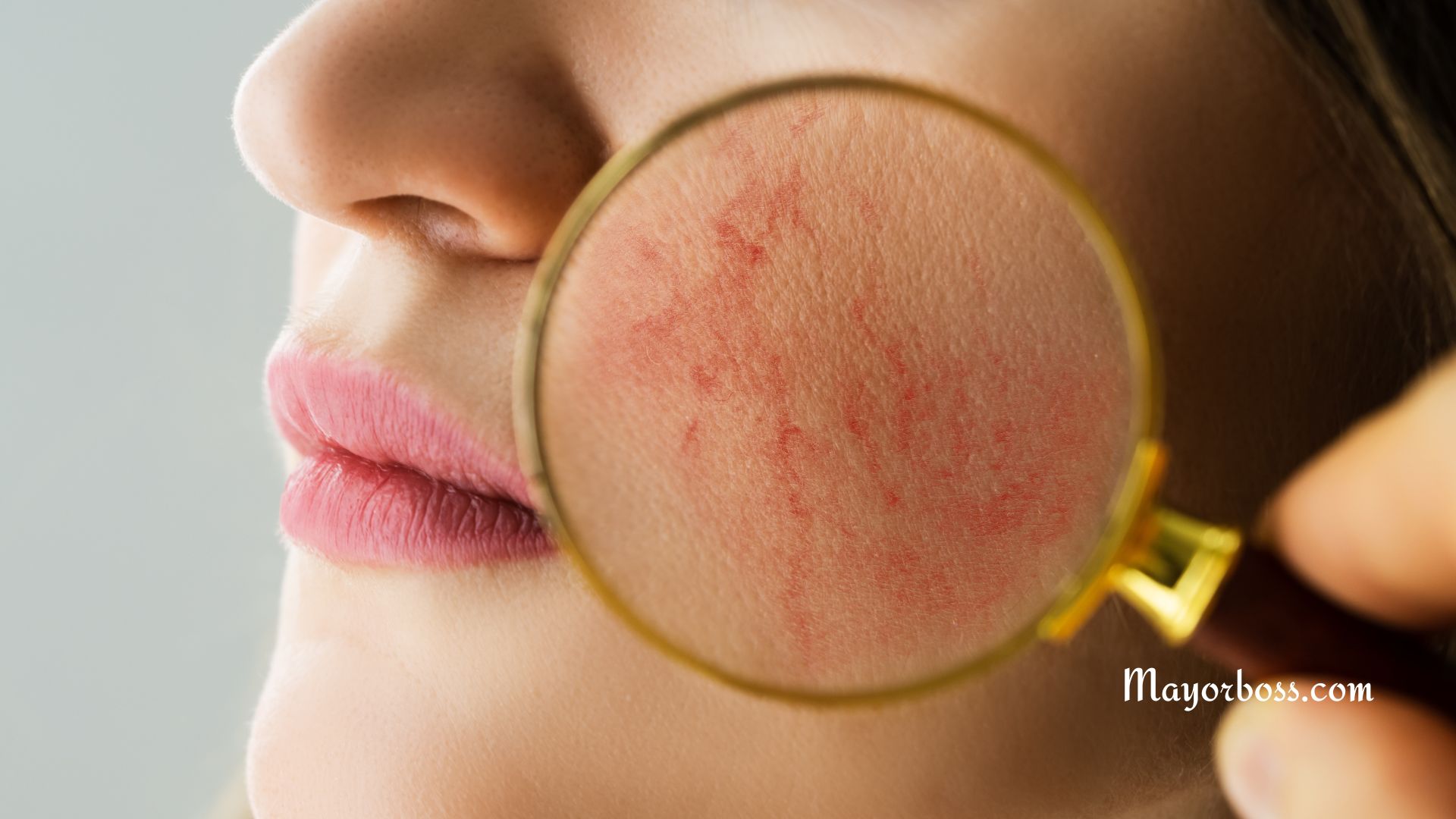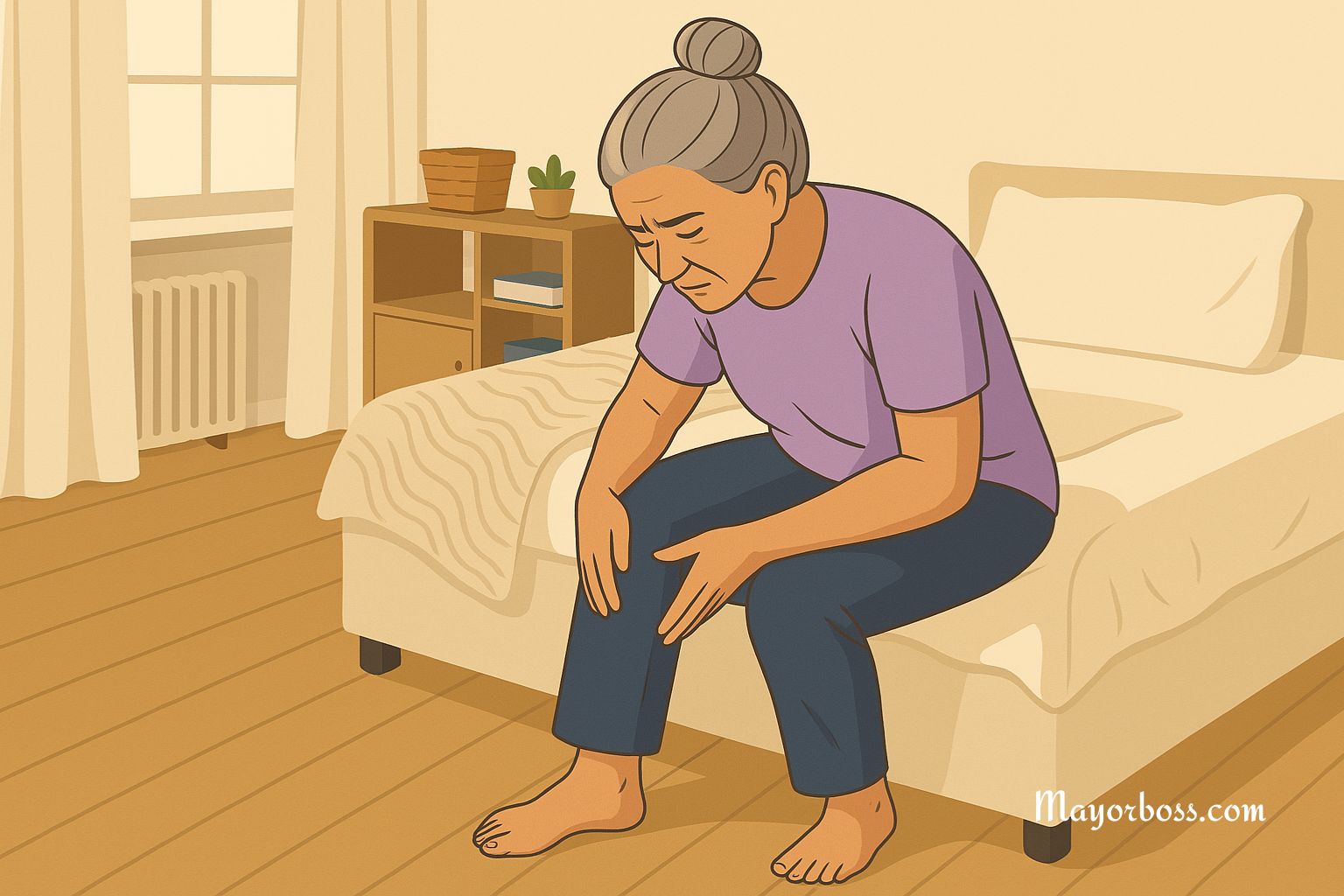Iodine Deficiency: 7 Signs You Are Suffering From It

Iodine is not produced by the body, so you must get it through what you eat. It helps your body produce hormones in your thyroid gland, which sits in the front of your neck. These hormones control important activities, such as how fast your heart beats, how well you burn energy, how warm you feel, and how your brain develops.
When you have the right amount of iodine, you may not notice it at all, as everything will run smoothly. But if you do not have enough iodine, your thyroid gland struggles. This can lead to serious health problems, especially for children, pregnant women, and people trying to maintain steady energy levels.
In the past, people who lived far from the ocean and did not eat foods grown near coastal areas were at higher risk of iodine deficiency. That is because seawater, fish, milk, cheese, eggs, and seaweed are naturally rich in iodine. Today, table salt is often enriched with iodine to help prevent widespread deficiency.
Still, some people do not use iodized salt, or they follow diets that make it tough to get enough iodine. The American Thyroid Association says about 30% of the world’s population still suffers from iodine deficiency.
That said, here are seven signs that you might be suffering from iodine deficiency.
Swelling in the Neck (Goiter)
One of the earliest and most common signs of iodine deficiency is a swelling of the neck. You might notice that the front of your neck looks puffier or thicker than normal. This swelling is called a goiter. It happens because your thyroid gland is working overtime to make enough hormones from too little iodine. To keep up, it grows larger and larger. If you spot a swelling in your neck, do not ignore it. Speak with a healthcare professional who can test your iodine levels and help you find a solution.
Unexpected Weight Gain
Have you noticed that your weight is creeping up even though you are eating and exercising the same way you always have? This could be a result of low iodine levels. Without enough iodine, your thyroid cannot produce the right amount of hormones. Since these hormones help control how quickly your body uses energy, a shortage can make your metabolism slow down. When that happens, your body stores more fat, and you might gain weight without trying. If you have unexplained weight gain, consider asking your doctor about testing your thyroid function and iodine status.
Feeling Tired and Weak
When you are low in iodine, your thyroid hormones drop, and that can leave you feeling worn out and weak. Perhaps you get plenty of sleep but still wake up feeling as if you barely rested. Even simple activities might leave you more fatigued than before. Because thyroid hormones help control how well your cells use energy, a lack of iodine can cause low energy throughout the day. Tiredness, especially if it seems to appear for no clear reason, is worth taking seriously.
Dry Skin and Hair Loss
Your skin and hair might show signs that something is off. Have you noticed that your hair is falling out more than usual? Maybe your skin feels drier than normal, becoming rough or flaky. Thyroid hormones affect how fast skin cells renew themselves. They also help maintain healthy hair follicles. Without enough iodine, these processes slow down. This can lead to hair thinning and dry skin. If you have both of these issues together, it may be time to consider whether you are getting enough iodine in your diet.
Feeling Cold All the Time
Do you find yourself wearing extra layers of clothing while everyone else seems comfortable? Feeling colder than normal could be another hint of iodine deficiency. Thyroid hormones help control how your body uses energy to produce heat. When there is not enough iodine, and thus not enough thyroid hormone, your body may struggle to keep you warm. This can make you feel chilly, even in mild weather. If you are constantly cold and unsure why, think about your iodine intake.
Trouble Concentrating and Memory Problems
Your brain needs stable levels of thyroid hormones for clear thinking and learning. If you do not have enough iodine, you may find that you have difficulty focusing. Maybe you read a page of a book and realize you did not remember any of it. Children who do not get enough iodine can struggle in school because it might slow their mental development. Adults might notice that they simply cannot stay sharp throughout the day. If you have unexplained trouble concentrating, it could be related to a lack of iodine.
Mood Changes, Such as Depression
Beyond physical symptoms, a lack of iodine can influence your mood. Feeling sad or anxious could be connected to your thyroid. People with low iodine levels sometimes experience mood swings, sadness, or even signs of depression. Since thyroid hormones play a role in brain chemistry, a shortage can disrupt your emotional balance. If you are feeling down and cannot quite explain it, low iodine could be a factor, especially if you have other signs.
How to Get More Iodine
If you suspect that iodine deficiency might be causing some of these problems, talk to a healthcare professional for proper testing. In many cases, improving your diet can help. Good sources of iodine include eggs and fish like cod, shrimp, and tuna. Dairy products such as milk and yogurt contain iodine, too. Seaweed, often sold dried or used in certain cuisines, is also an excellent source.
Even iodized salt can help if you use it in moderation. Just be careful not to go overboard with salt, as too much sodium can cause other health issues.
When to Seek Medical Attention
If you have several of these signs, do not panic. These are signals that might point you toward a simple solution. Still, it is best to check with a medical professional. A doctor can run tests to measure your thyroid hormone levels and determine if you are iodine deficient. They can then guide you on taking supplements or making changes in your diet. Early treatment can prevent more serious problems down the road.
Final Thoughts
Iodine may not get the same attention as some other minerals, but it is no less important. Your body relies on it for healthy growth, energy, and clear thinking. If you notice any of these signs—neck swelling, unexpected weight gain, fatigue, dry skin, hair loss, feeling cold, trouble concentrating, and mood changes—consider looking more closely at your iodine intake and talk to your doctor.






